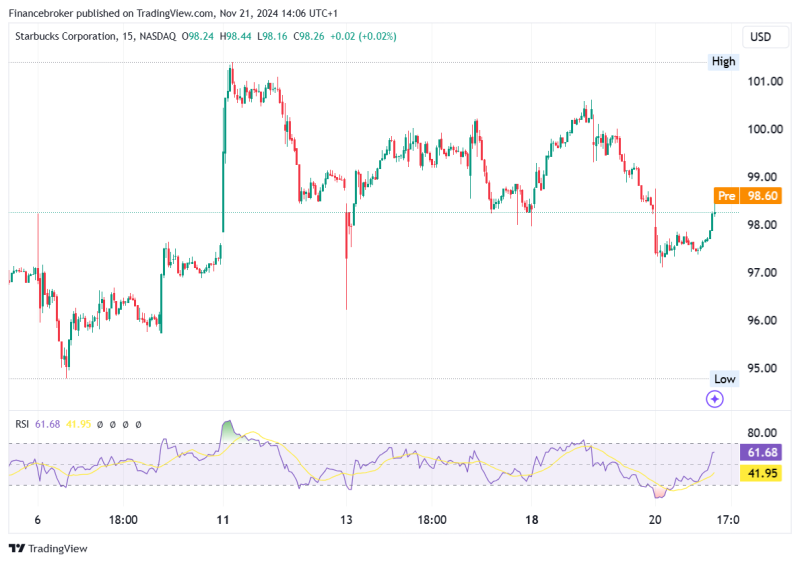Starbucks is well-known for its strategic partnerships to drive business growth. In China, the company has made significant moves towards forming alliances and partnerships with local companies for mutual benefits.
In 2017, Starbucks announced a major partnership with Tencent, a leading provider of Internet-related services in China, to co-create a new social gifting feature on WeChat, China’s leading social media platform. This partnership has been extremely beneficial for Starbucks, enabling it to tap into Tencent’s vast user base and accelerate its digital innovation in China.
In addition, Starbucks also has a partnership with Alibaba Group, China’s largest e-commerce company. Under this partnership, Alibaba’s food delivery platform, Ele.me, delivers Starbucks coffee to Chinese consumers. The partnership also includes a virtual Starbucks store, integrated across Alibaba’s platforms. This collaboration allows Starbucks access to Alibaba’s massive customer base and its advanced logistics and data capabilities.
Even more, Starbucks and JD.com, another leading Chinese e-commerce company, are working together to provide customers with a seamless Starbucks Experience. JD.com’s infrastructure in China allows Starbucks to reach Chinese consumers in more cities and provide a better customer experience through faster and more convenient delivery service.
Partnering with Alibaba, Tencent, and JD.com in China has been a game-changer for Starbucks. This has not only helped Starbucks to strengthen its footing in the gigantic Chinese market but also to leverage the growing consumer demand for convenient, on-demand delivery services.
Furthermore, in 2018, Starbucks expanded its strategic partnership with South China’s retail conglomerate, China Resources Corporation. The collaboration aims to bring a premium tea brand, Pu’er Tea, to Starbucks stores across the country. The partnership aims to cater to the growing tea-drinking culture in China and diversify Starbucks’ offerings in the country.
In conclusion, Starbucks’ strategic partnerships in China revolve around optimizing its product offerings and services, leveraging massive user bases of tech giants, strategic market positioning and meeting the evolving needs of consumers in China. These partnerships serve as a key element in Starbucks’ success and growth strategy in the Chinese market.







